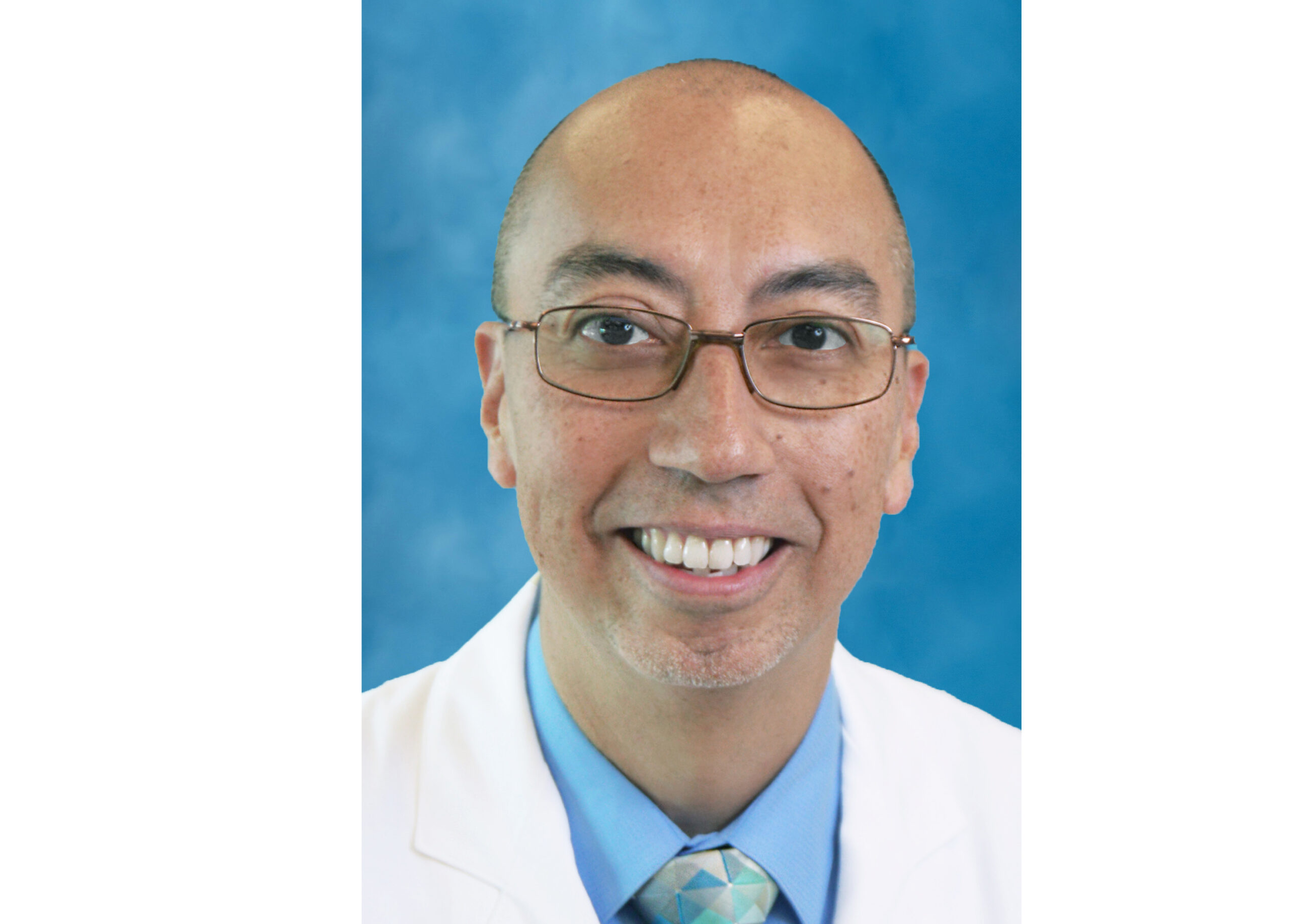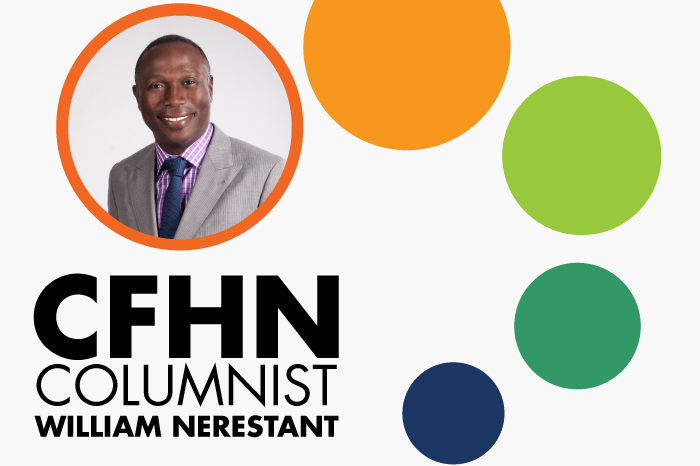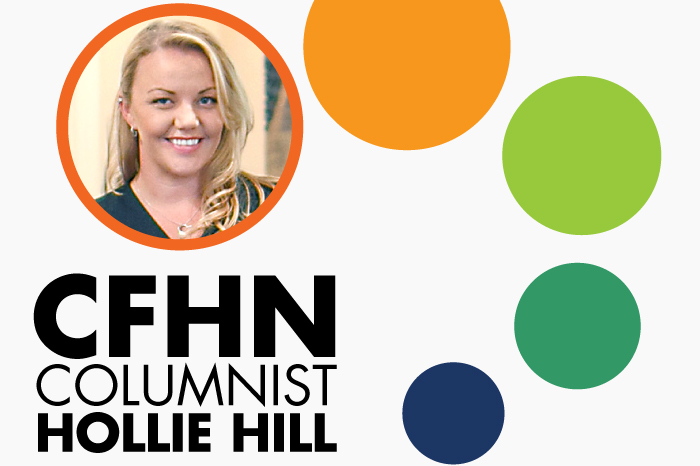
Health News
Features
-
Pop Quiz! Cholesterol: The Good, the Bad, and the Power to Change
September is National Cholesterol Education Month, so it’s the perfect time to educate yourself about the dangers of high cholesterol and the best options for managing your cholesterol. High cholesterol runs rampant in the U.S., and it’s linked with many of the country’s leading causes of death. Take our quiz to learn about high cholesterol…
-
Staying Connected
Peace River Center navigates the ‘new normal’ through pandemic. By PAUL CATALA The fear and anxiety caused by COVID-19 has become universal, causing many to feel isolated, lonely, stressed and anxious. Throughout the country, healthcare practitioners are adapting to the changing times and finding ways to help people deal with the added stress. At Peace…
-
Harbingers of Hope
From ECT to TMS, Lakeland Regional Health Has Powerful Tools for Fighting Depression By TERESA SCHIFFER Depression is an insidious illness. It can affect people in a myriad of ways, making it difficult to identify at times. If left untreated, it has the potential to impact the individual’s life in a profoundly negative way. Jobs…
Columns
-
Healthy Cook: Culinary tips for the caregiver turned chef
There is no denying that our taste buds age with the rest of us. They get tired, just like our knees and hips. Doctors can replace some worn-out parts, but have you ever heard of a taste bud implant? One of the burger chains uses a slogan something like, “You Gotta Eat.” Well, it’s true. …
-
Word of Mouth: Myths about implants debunked, part II: Are they effective?
Working like your own teeth, dental implants are imbedded in your jaw bone; they offer a superior option over bridges and dentures. Implants look and feel like your natural teeth, but you may worry that they won’t be effective long-term. Look to the facts when considering the effectiveness of implants. Myth: Dental Implants are too…
-
Ask a Nurse: Alzheimer’s is Type 3 Diabetes!
In 1906, a German neuropathologist Dr. Alois Alzheimer first identified what is now considered Alzheimer’s Disease (AD). He was caring for a middle-aged woman suffering from memory loss and disorientation. Just a short five years later, the woman passed away after enduring the torment of hallucinations and symptoms of dementia. Currently “the presence of neurofibrillary…





